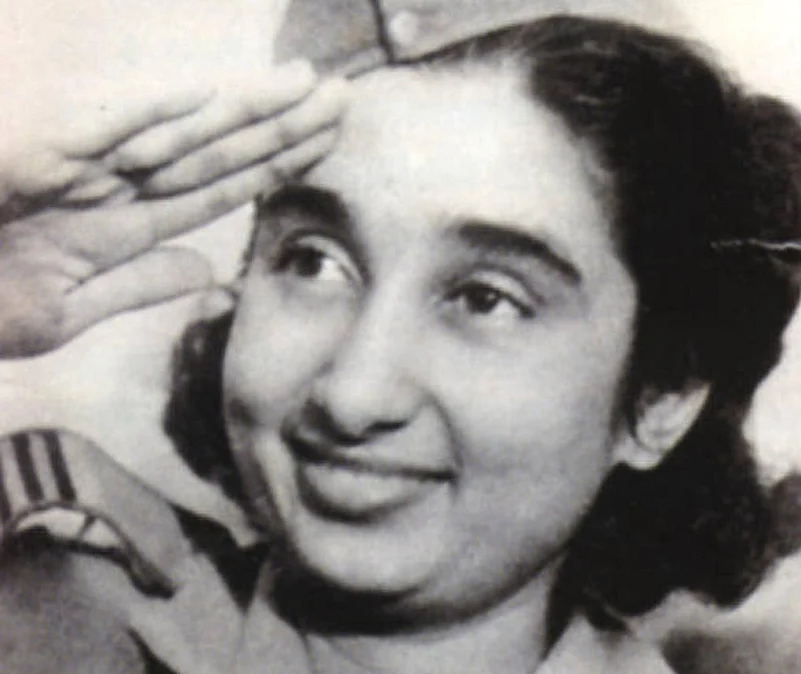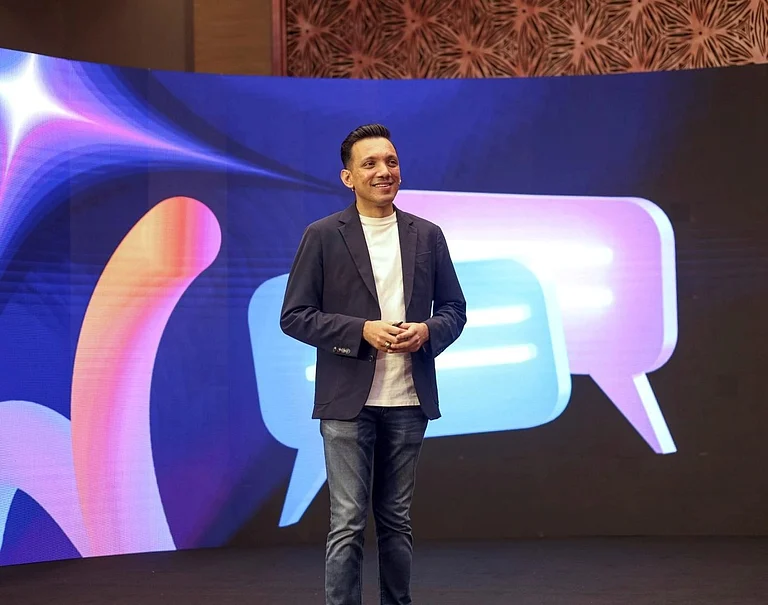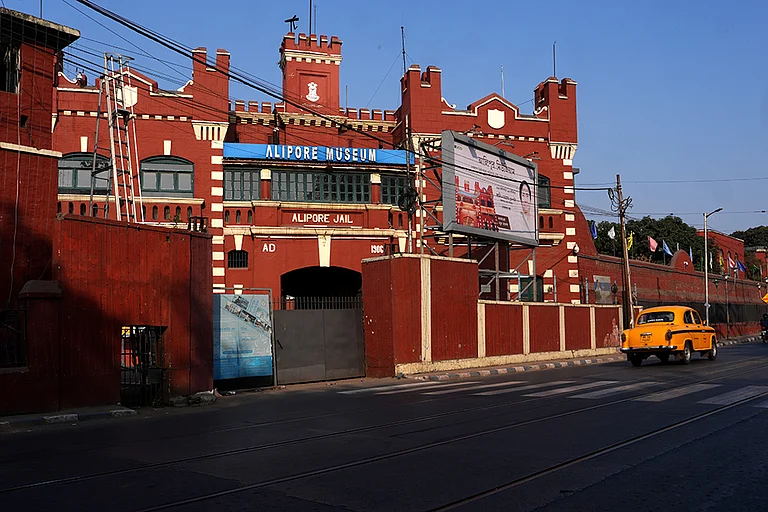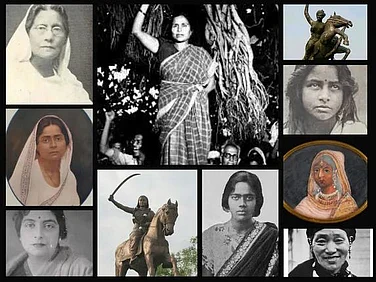Rani Gaidinliu: The Queen of Nagas
Rani Gaidinliu, more commonly known as the “Queen of Nagas" is one of the most famous freedom fighters from the Northeast region of India. Gaidinliu was born on January 26, 1915, in a small village called Nungkao in the present Tamenglong district of the state of Manipur, and was a Rongmei Naga by tribe. Her fight against British rule and her never tiring spirit helped her stand out and earn her an important role in Indian history. She joined the Heraka movement, which aimed at revival of the Naga tribal religion and establishing self-rule of the Nagas (Naga Raj) ending the British rule.
Rani Gaidinliu was only 16 years old when she was arrested by the British in 1932 and sentenced to life imprisonment. Over the next 15 years she endured confinement in various prisons across the Northeast parts of india.
Upon her release in 1947, Gaidinliu devoted herself to improving the lives of her people. Jawaharlal Nehru, deeply moved by her bravery, called her the “Daughter of The Hills” and bestowed upon her the title of “Rani”. Har courage and dedication were later recognised with the prestigious Padma Bhushan Award.
Moolmati Devi: Mother of a Revolutionary

Moolmati Devi, a name that resonates with immense patriotism and sacrifice, hailed from Shahjahanpur district in the Northwest province of British India, now known as Uttar Pradesh. Born into a Brahmin family, she was married to Muralidhar and became the mother of one of India's most revered revolutionary leaders, Ram Prasad Bismil.
Her life was deeply rooted in the values of devotion to family and country. She was a woman of great resolve and patriotism. Her son Ram Prasad Bismil became a central figure in India's struggle for independence participating in significant events like the Mainpuri Conspiracy and Kakori Conspiracy of 1918 and 1925, respectively.
When Moolmati Devi met her son Ram Prasad Bismil before his hanging at Gorakhpur Jail, she remained firm and resolute. She expressed her pride in having a son like him while Ram Prasad broke down upon seeing his mother. He told her that his tears were not for his impending death but for the fact that he would never have another mother like her.
In a display of Extraordinary courage and Patriotism Moolmati took a bold step at a public gathering after Ram Prasad Bismil's death. She raised the hand of her other son and offered him to the freedom movement, demonstrating her unwavering commitment to India's struggle for independence.
Parbati Giri: The Banhi Kanya

Pabati Giri known as “Mother Teresa of Western Odisha” and “Banhi Kanya”, for not caring blame, insult, oppression, highhandedness, colonial rule of others as well as for her nationalistic sentiments and free expression. She was born in January 1926 in Samaleipadar village, now part of Bargarh district of Odisha. Her parents, Dhananjay and Srimati, supported her patriotic aspirations from a young age. Inspired by her uncle Ramchandra Giri, a prominent Congress leader, Parvati was determined to join the freedom struggle.
At just 11, she left school to work for the Congress. By 12 she had made her way to Bari ashram near Jaipur, a training ground for freedom fighters during the Salt Satyagraha. Under the guidance of Rama Devi and Gopabandhu Chaudhary she learned Gandhian principles of non-violence and self-reliance. After 2 years she returned to her village, actively organizing Congress activities in Bargarh, Sambalpur, Padampur, Panimara, and Ghens. She spread Gandhi's message, mobilized people for the Khadi movement, and trained villagers in weaving and thread making.
In 1942, at the age of 16, Parvati joined the Quit India Movement. She fearlessly participated in rallies, carrying tricolor and shouting anti British slogans. Her boldest act was forcibly entering the cabin of the SDO of Bargarh and sitting on his chair posing as a judicial magistrate. She was arrested for this act and imprisoned for two years.
Parbati Giri, later initiated an orphanage named ‘Kasturba Gandhi Mahila Niketan’ at the foothill of Shri Shri Nrusinghanath temple of Paikmal Block to shelter orphans and women during 1976 and spent her life in instilling good moral values to children.
Captain Lakshmi Sehgal: The Rani of Jhansi Regiment

Captain Lakshmi Sehgal was a prominent freedom fighter and a leader in the Indian Independence movement, particularly known for her role in the Indian National Army (INA). Born in 1914, she was a physician who later joined Subhash Chandra Bose’s Indian National Army in 1943.
She finished her MBBS in the year 1938 in the Madras Medical College. She also passed the diploma in gynecology and obstetrics from the same college in 1940 and was appointed as assistant surgeon in the Government Kasturba Gandhi Hospital in Madras. She shifted to Singapore later and opened a clinic for the poor section of this society and migrant workers from India. She also became very much involved with the Indian Independence League, formed in 1941 by Rash Behari Bose.
As the leader of the Rani of Jhansi Regiment, the women's wing of the INA, She played a crucial role in the fight against British colonial rule. Her dedication and leadership in mobilizing women and her participation in combat operations were instrumental in challenging British authority. Even after India gained Independence, she continued to serve the nation through her work in social and medical fields, embodying the spirit of selfless service and patriotism. Her legacy is celebrated as part of India's rich history of the struggle for freedom.
This 78th Independence Day, let’s salute those women whose brave deeds made India proud.



























